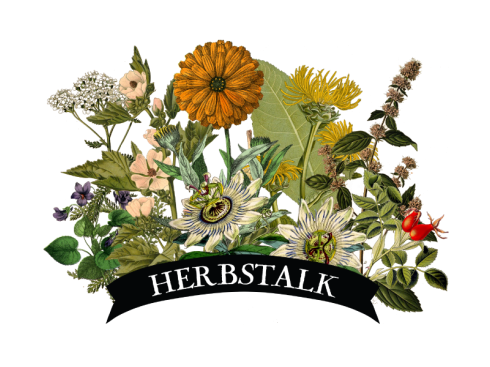|
by Michael Blackmore Beloved local linden tree (Tilia spp.) Right now is one of my favorite times of the year because it is when the linden trees start to send forth their spring leaves. It’s a magical time thanks to a magical tree. There are numerous linden trees about in Boston, since it is a longtime favorite of urban landscapers, but there is one linden tree that has a special place in my heart. Each day on the way to work I walk by it in the morning. I always take the time to pause, place my hand against it and connect and ground before starting the day. When you look at the general shape of a linden tree it forms a fairly distinctive bell, which I think speaks to its essence in general as a plant that promotes harmony. Its soothing nature is recognized by the Germans where the word to sooth is “lindern” and the tree is thought to represent “mercy.” It’s usually not classified, in herbal parlance, as a nervine but I think in its heart linden is a nervine. I find it particularly well suited for generally calming and relaxing the emotional nervous system and addressing a host of physical ailments whose underlying cause is emotional. Insomnia, IBS, headaches, indigestion and high blood pressure with an emotional basis are often best dealt with by linden. It is also good, in general, for relaxing the arteries and warming the digestive system. I prefer to use it solo as a tea for its strictly calming and sedating actions and in combination with herbs aimed at specific physical ailments where there may be an emotional cause – like willow and linden tea for headaches or linden and hawthorn for heart or high blood pressure issues. For me, linden trees are powerfully soothing and calming and I love to meditate under them. Some trees’ presence can be so powerful as to be almost intimate and be a bit too majestic, but linden is comforting and gentle in its strength. Infusions of linden flowers and leaves are my go-to tea when I’m seeking to connect with its warm and supportive nature. However, I have made linden glycerides that were just amazing. I don’t find tinctures with harsh alcohol as amenable to the gentleness of linden. Beyond its many wondrous internal uses as a tea, it’s great for the skin — you can apply it as a tea wash or compress for itchy or inflamed skin. Or infuse it in oil as the basis of a healing skin salve. The tea also makes a great refreshing face wash. I brew it overnight and press it out and wash my face with it in the morning for an amazing start to a day. And it makes for a great facial steam after a long day of work as well –- just throw some linden flowers into some boiling water, cover, let steep for a bit and then remove the lid and place your head over the batch with a towel to cover and keep the steamy linden goodness in. You can also make a cough syrup of the flowers which children (and adults!) love by making a strong tea, adding sugar and reducing it down over a low heat until syrupy. We’re fast approaching the time when the flowers emerge and you can make a flower essence of them, which is great for those dealing with emotional blockages and helps to open up people who struggle with the giving and receiving of love and affection after painful pasts. It’s been said that if you fall asleep under a linden tree – you’ll awake in the realm of fairies. But even time spent awake with them is magical to me. Join us for a special Linden Celebration this Sunday, May 18th at the Somerville Growing Center from 12 – 2pm. We’ll have fun, informative talks about this lovely tree as well as free linden tea for everyone! RSVP and more info here. (Weather permitting)  Michael “Mad Crow” Blackmore is an herbal educator who loves spending time with his plant friends in joyful play. He shares that joy with others through his writing and teaching, including the occasional blogging at his site Mad Crow Herbalism. Comments are closed.
|
Archives
November 2023
Categories
All
|

 RSS Feed
RSS Feed